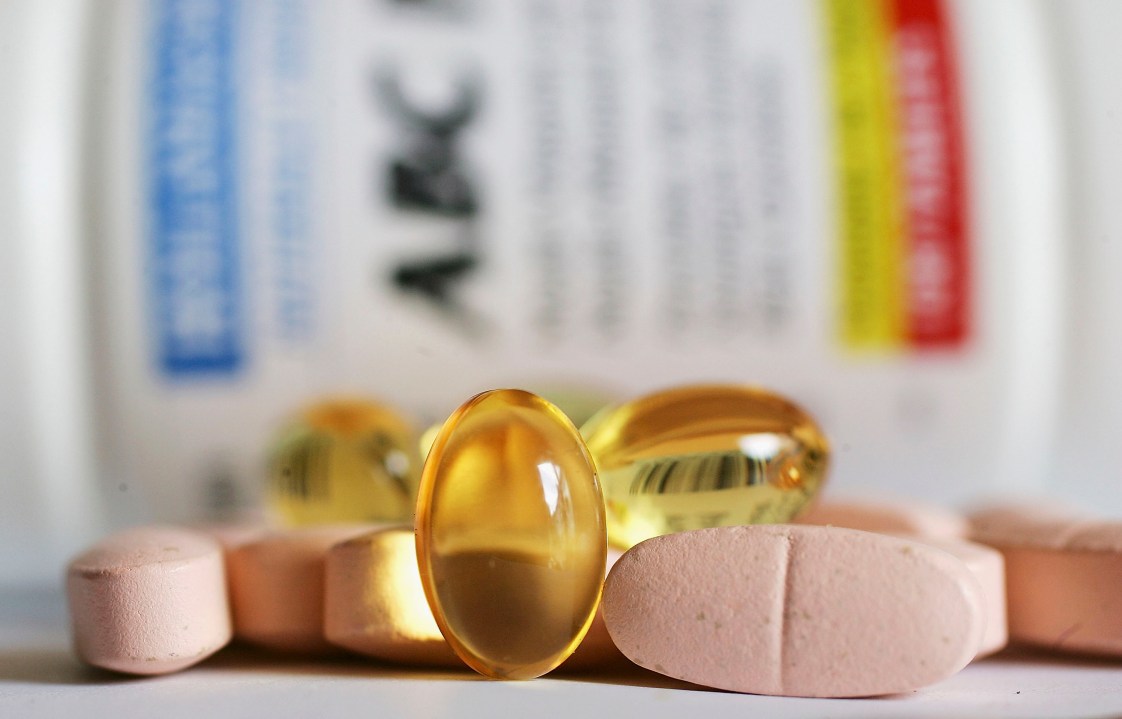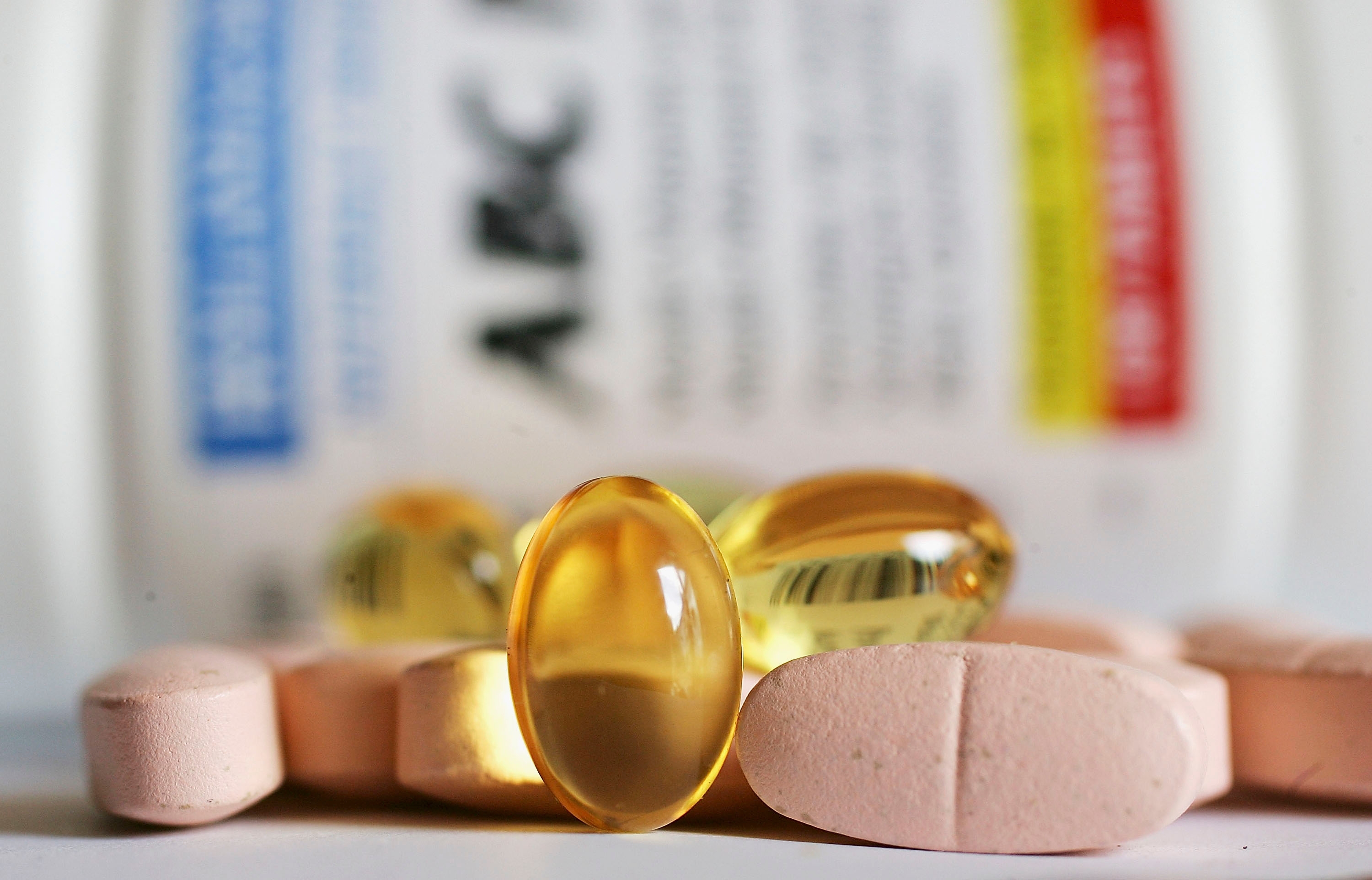The argument that vitamin D deficiency may contribute to more severe cases of Covid is gaining ground. It is now reaching the point where it is surprising that we are not hearing from leading medical officials and politicians that people should consider taking supplements to ensure they have sufficient vitamin D.
This is not the same as arguing that vitamin D is a magic bullet that will cure the disease. Vitamins are not medication, the taking of which will have positive effects on everybody. They are top-ups: things that hurt you when you don’t have enough of them in your system but do no extra good when you have enough. Indeed, with many vitamins, including D, taking too much can be toxic.
However, it is true that many people are deficient in vitamin D, especially at the end of winter. That is because, uniquely, vitamin D is a substance manufactured by ultraviolet light falling on your skin. You can get some from fish and other foods, but not usually enough. So most people’s vitamin D levels fall to a low point in February or March when the sun has been weak and its UV output especially so. Public health bodies have long advised people to supplement vitamin D in winter anyway.
Vitamin D deficiency may or may not help to prevent you catching the virus, but it does affect whether you get very ill from it
The level falls especially low in people who stay indoors a lot, including the elderly, and in those who have darker skin. Whereas the safe level of vitamin D is generally agreed to be above 10 nanograms per millilitre, one recent study of South Asians living in Manchester found average levels of 5.8 in winter and 9 in summer: too low at all times of the year. Darker skin reduces the impact of sunlight; so does the cultural habit of veiling; and so does a reluctance among some Muslims to take supplements that might have pork-derived gelatin in them.
Vitamin D deficiency has long been known to coincide with a greater frequency or severity of upper-respiratory tract infections, or colds. That this is a causal effect is supported by some studies showing that vitamin D supplements do reduce the risk of such infections. These studies are not without their statistical flaws, so cannot yet be regarded as certain, but they are not quackery like a lot of the stuff coming out of the supplements industry: they come from reputable medical scientists.
What about vitamin D and Covid in particular? Results are coming in from various settings and the main message seems to be that vitamin D deficiency may or may not help to prevent you catching the virus, but it does affect whether you get very ill from it. One recent study in Chicago concluded that its result ‘argues strongly for a role of vitamin D deficiency in COVID-19 risk and for expanded population-level vitamin D treatment and testing and assessment of the effects of those interventions.’
The bottom line is that an elderly, overweight, dark-skinned person living in the north of England, in March, and sheltering indoors most of the time is almost certain to be significantly vitamin D deficient. If not taking supplements, he or she should be anyway, regardless of the protective effect against the Covid virus. Given that it might be helpful against the virus, should not this advice now be shouted from the rooftops?
A new article by a long list of medical experts in the BMJ cautiously agrees, confirming that many people in northern latitudes have poor vitamin D status, especially in winter or if confined indoors, and that low vitamin D status ‘may be exacerbated during this COVID-19 crisis by indoor living and reduced sun exposure’.
It adds that very high intakes or ‘mega supplements’ will not help and may cause harm, and it is this that probably explains the reluctance of the authorities to spread the message. Another factor may be the lack of lobbying. Vitamin supplements are cheap and unpatented, so there is no great incentive for big companies to push them. All the more reason for government to do so.
It should be possible, and wise, to tell people to take modest doses of vitamin D supplements for their health. The evidence is easily strong enough to justify it.







Comments